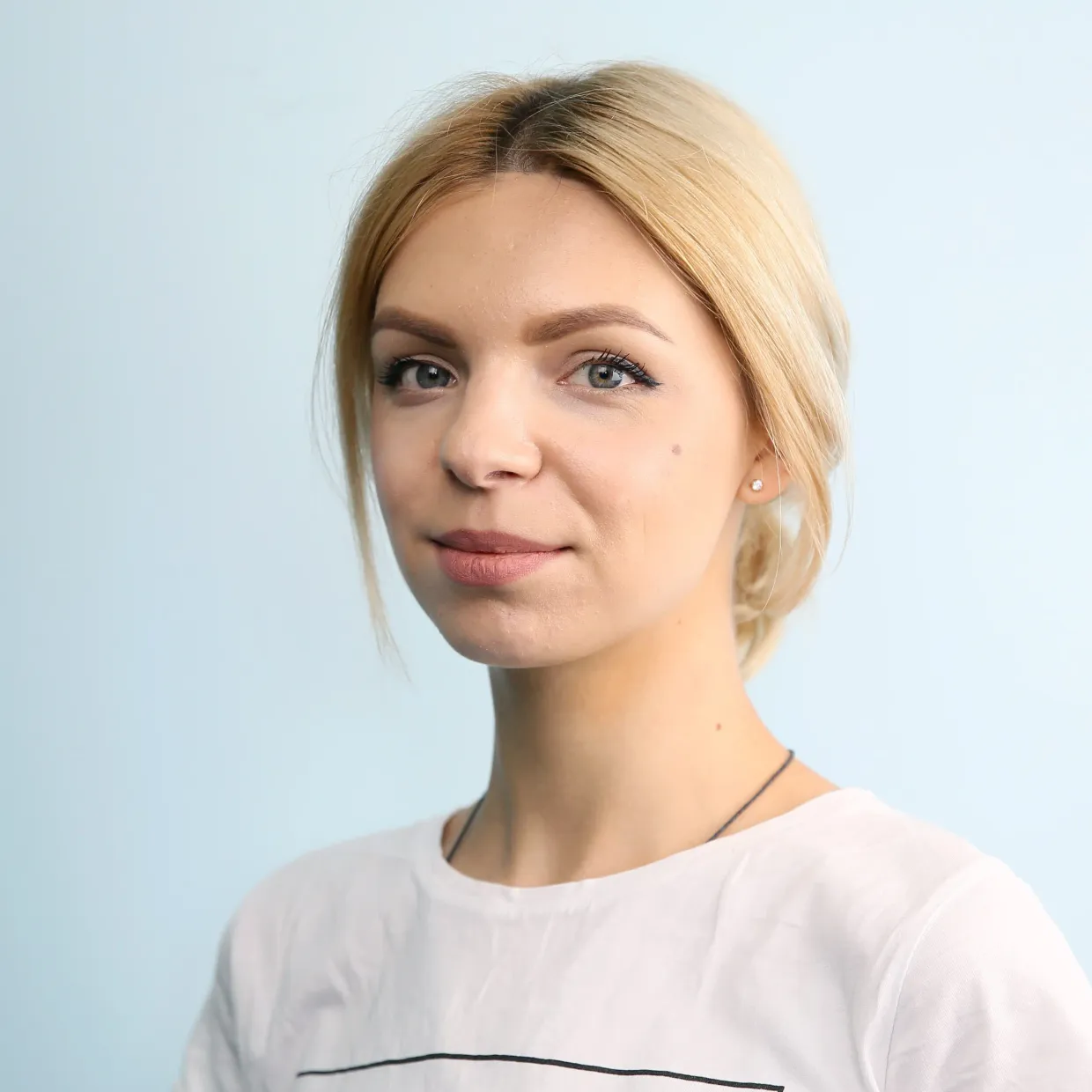Editor’s note: This story contains graphic descriptions.
Several months after Russian Sergei Kozlov, an assault fighter of the infamous Wagner Group, returned home from the war in Ukraine, he violently killed his 18-year-old partner Daria, who was pregnant with his child.
She was beaten to death, suffering a traumatic brain injury, a broken nose, a liver rupture, and a closed abdominal injury – the description of all 138 injuries took several pages in the case file, Russian state-controlled media outlet Kommersant reported on Sept. 4.
On Sept. 9, the Russian Omsk Oblast Court convicted Kozlov of murder and sentenced him to 19 years behind bars. But this was not his first time in prison.
In 2021, Kozlov was found guilty of severe and minor bodily harm and was supposed to serve 6.5 years in prison. But he was soon recruited by the Wagner mercenary group to join Russia’s war against Ukraine. For his combat achievements, Kozlov was even awarded the medal "For Courage," Kommersant wrote.
Moscow has been recruiting convicts for its war since the summer of 2022, first under the auspices of the Wagner Group and later under the Russian Defense Ministry. As of October 2023, Russia has reportedly recruited about 100,000 prisoners.
Initially, prisoners, even those convicted of violent crimes, were promised a pardon after completing a six-month military contract. Since January, Russian army recruits drawn from prisons no longer receive pardons but are released on parole, and are expected to fight until the war is over.
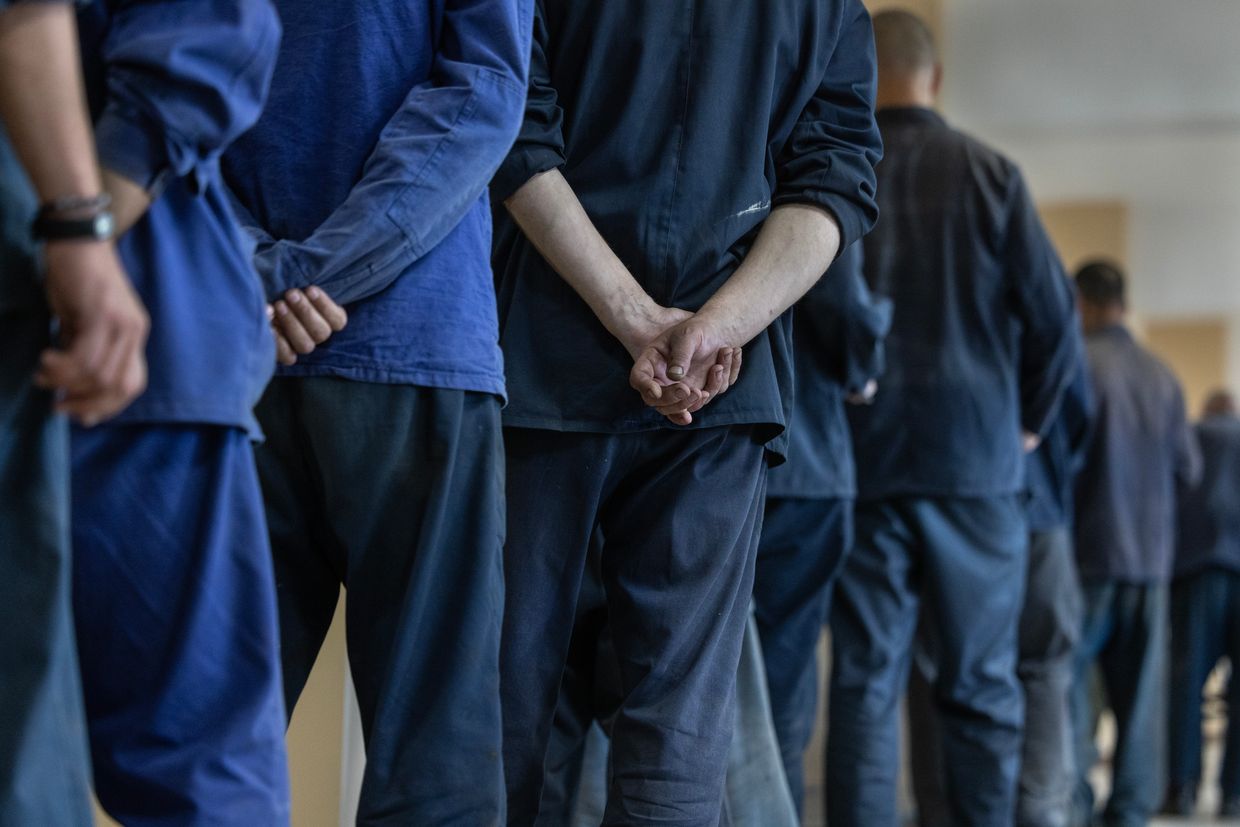
But as many of the convicts have already returned home under the previous conditions, reports of their new crimes appear to be increasing in Russia.
Since the start of the year, Russia has seen a record number of grave crimes in the past 13 years — more than 403,000 — the Russian Verstka media outlet reported, citing the Russian Interior Ministry.
"Among the factors influencing the growth of crime, the Interior Ministry pointed to the war in Ukraine and the return of former prisoners from the front line," the outlet wrote.
'Wave of lawlessness'
Over the past two years, at least 107 people have been killed, and another 100 have been seriously wounded by Russian war veterans returning from the front line in Ukraine, Verstka said in its investigation published in April.
The majority of the victims were killed by ex-convicts, the outlet wrote.
Mikhail Savva, a legal expert from the Center for Civil Liberties, believes that the current situation in Russia can be described as a "wave of lawlessness" and the "degradation of legal culture."
But the return of ex-convicts is not the only reason, Savva says.
"Aggression against an independent state is forbidden by international law. So many people in Russia understand that their government violates everything that can be violated," he told the Kyiv Independent. "Because it is precisely through the disregard for the law that people get the idea that anything is possible."
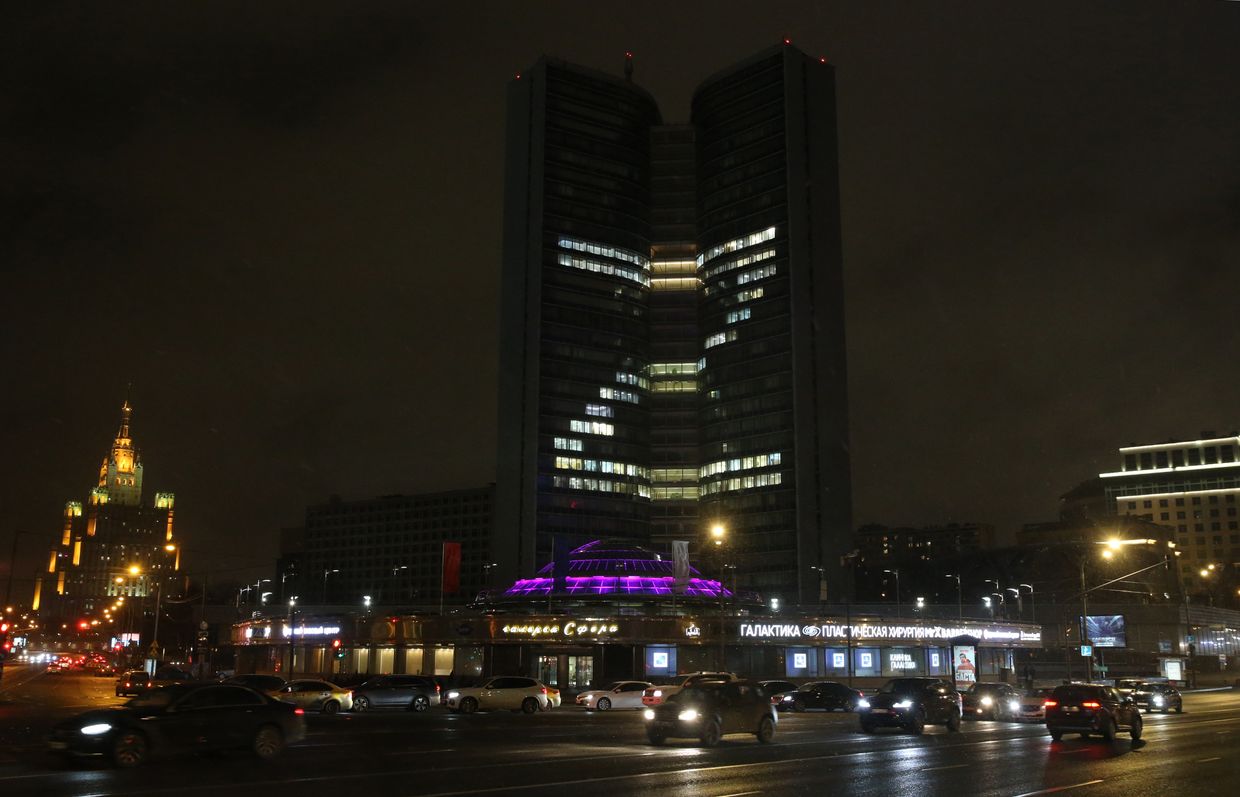
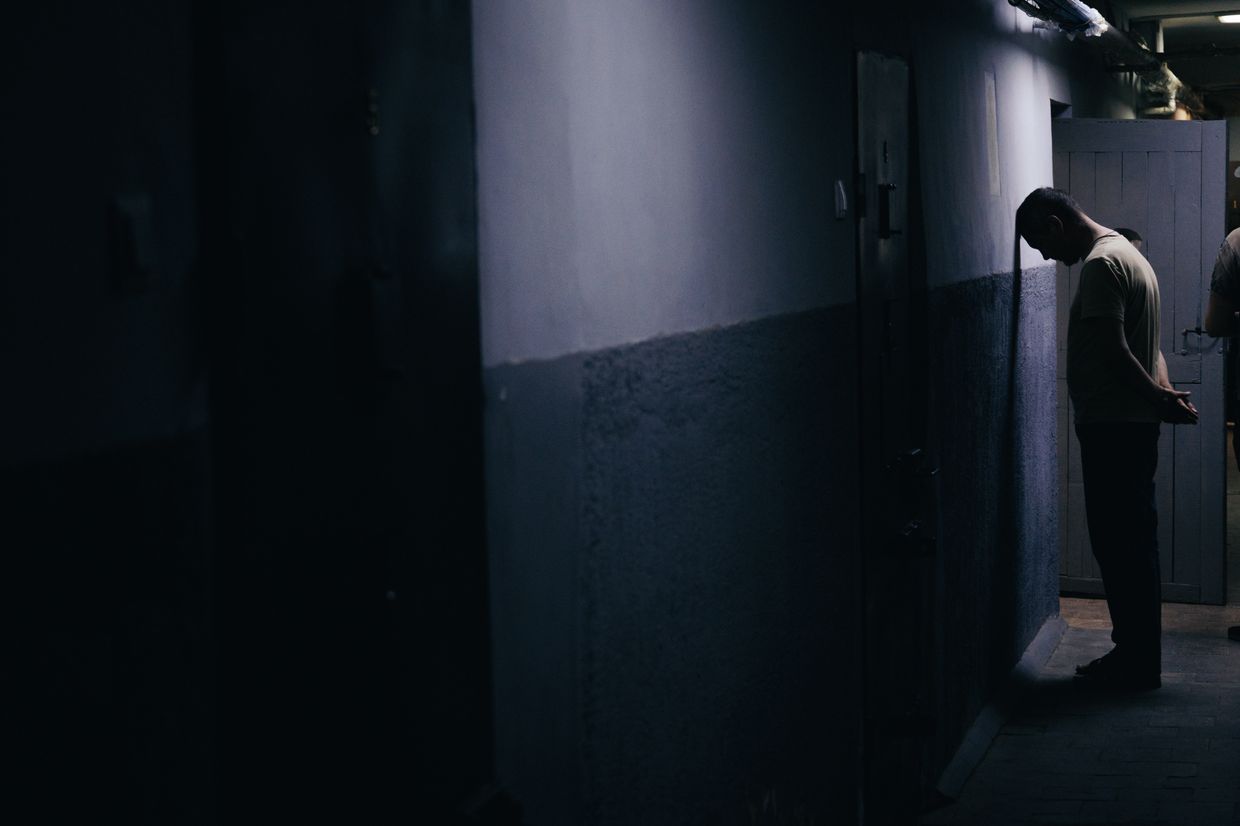
According to Savva, the high number of crimes committed by convicts returning from the front line is mainly because Russia recruits prisoners convicted of nearly all types of crimes.
Only those convicted of terrorism, extremism, and sexual crimes against minors are forbidden to be recruited, Savva says. However, most of the verdicts on extremist or terrorist charges in Russia are simply falsified, as the Kremlin uses them to imprison those protesting against its regime, he adds.
"Hence, murderers, serial killers, and others can join and stand under the Russian army flag." In May, the Moscow Times reported that Russian cannibal Dmitry Malyshev, who was sentenced to 25 years in prison for murder and several other serious crimes, joined one of Russia’s Storm V penal military units.
Malyshev was reportedly recruited to the army together with serial killer Aleksandr Maslennikov, sentenced to 23 years in prison for the "double murder and dismemberment of women."
In late August, multiple Russian media outlets reported that a former Wagner mercenary, Ivan Rossomakhin, convicted of several crimes, had signed a contract with the Russian Defense Ministry and returned to the war in Ukraine.
Rossomakhin was recruited by Wagner Group in September 2022 while he was serving a 14-year term for murder and theft. By the end of his military service, he was pardoned by Putin, according to Current Time, a Radio Free Europe/Radio Liberty project.
Then in 2023, upon returning from the war in Ukraine, he raped and killed an 85-year-old woman.
While serving his 23-year sentence, Rossomakhin reportedly joined the Russian army again.
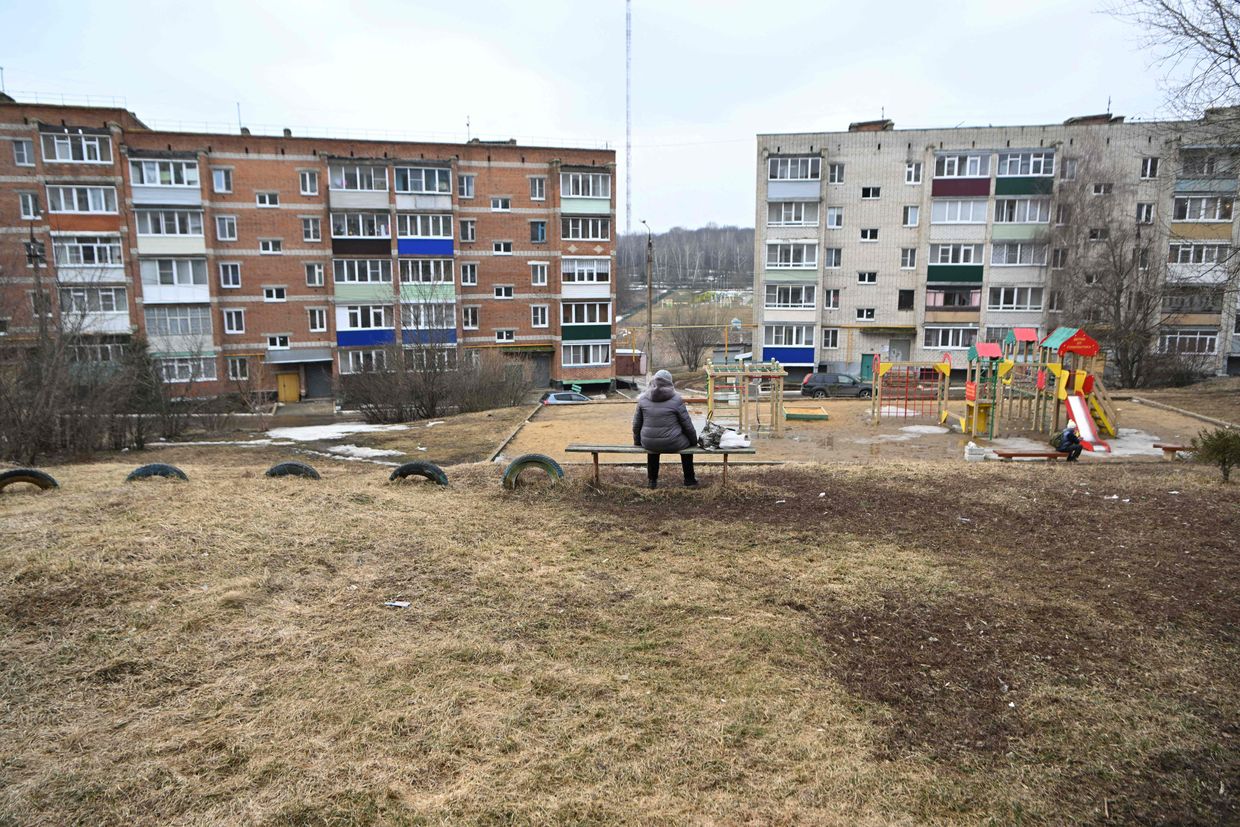
Reports of Russian soldiers committing crimes against Ukrainian prisoners of war have also recently increased, with several cases of alleged execution brought by Ukraine to the attention of international organizations.
Ukraine's Ombudsman Dmytro Lubinets said on Sept. 17 that he had appealed to the International Committee of the Red Cross (ICRC) and the United Nations in response to a photo that allegedly shows the execution of a Ukrainian prisoner of war with a sword.
However, according to Savva, the rise in violence and brutality by Russian troops toward Ukrainians, including prisoners of war, is only partly due to the large number of convicts in their ranks.
"The reason is not that there are many convicts in the Russian army, but that the army is fighting in conditions where war crimes are the norm. In the Russian army, (war crimes) are not subject to punishment. They do not prohibit it," Savva says.
Ukraine recruits convicts too. How is it different?
In May, Ukraine also began allowing convicts to enlist in the army. However, the eligibility requirements for these prisoners are more stringent compared to those in Russia.
Those serving for premeditated murder, the murder of two or more people, sexual violence, drug production, and crimes against national security are not eligible to enlist.
"There are limitations based on the severity of the crimes," Savva says. "In Ukraine, for instance, serial killers remain in prisons, unlike Russia."
He says the whole recruitment process is different, too. Russia does it "en masse," and most of the convicts have joined the Storm V penal military units. Meanwhile, in Ukraine, different brigades recruit prisoners to fight alongside their other soldiers, which also helps their socialization, Savva says.
While Ukraine has said it's looking to recruit a total of 20,000 convicts, over 10,000 convicts signed up in Russia last April alone, the U.K. Defense Ministry reported.
"What we are witnessing now in the Russian army is the degradation of it as an institution of order," Savva says.
Note from the author:
Hi! Daria Shulzhenko here. I wrote this piece for you. Since the first day of Russia's all-out war, I have been working almost non-stop to tell the stories of those affected by Russia’s brutal aggression. By telling all those painful stories, we are helping to keep the world informed about the reality of Russia’s war against Ukraine. By becoming the Kyiv Independent's member, you can help us continue telling the world the truth about this war.
